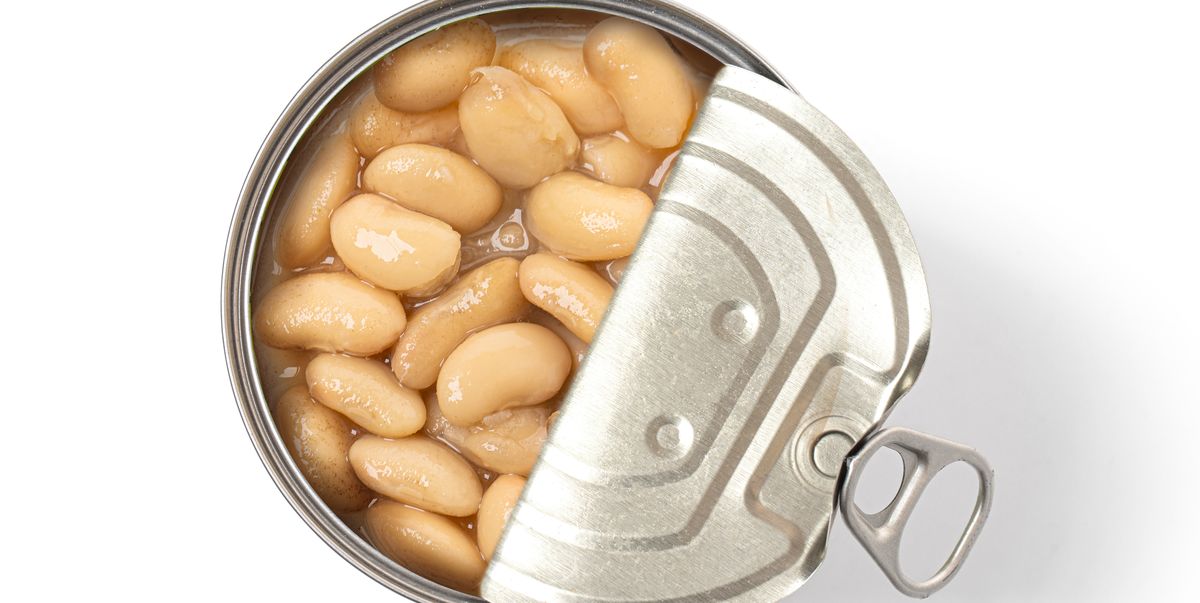A new study presented at last week’s American Society for Nutrition conference suggests beans could play a crucial role in preventing major health conditions like heart disease and type 2 diabetes.
Researchers studied 72 people with pre-diabetes – when your blood sugars are higher than usual, but not yet quite high enough to be diagnosed with type 2 diabetes – for 12 weeks, as they ate either a daily cup of chickpeas, black beans or a placebo.
Men are at a slightly higher risk of developing type 2 diabetes, according to Diabetes UK and as per America’s Centers for Disease Control and Prevention, they are also affected by pre-diabetes at a slightly higher rate.
What Did the Study Find?
Researchers took blood samples at baseline, six weeks and 12 weeks to track participants’ cholesterol, inflammation, and blood sugar. They found that, for the group who had eaten a daily cup of chickpeas, total cholesterol significantly decreased from an average of 200.4 milligrams per decilitre to 185.8 milligrams per decilitre after 12 weeks.
For the black bean group, they identified powerful anti-inflammatory effects. Researchers found that for this group, the average level of pro-inflammatory cytokine interleukin-6 (a protein that indicates the body is inflamed) was 2.57 picograms per ml at baseline and significantly decreased to 1.88 picograms per ml after 12 weeks.
If you’re reading this wondering what on earth a picogram is (one-trillionth of a gram, if you’re interested), the gist of it is that researchers found chickpeas were linked to significantly improved cholesterol and black beans were associated with significant anti-inflammatory effects.
What Does This Mean for Us?
‘Our study showed the benefits of consuming beans in adults with pre-diabetes, but they are a great option for everyone,’ said Morganne Smith, one of the researchers who led the study. ‘There are a lot of ways to incorporate beans into your regular diet as a cost-effective way to support overall health and reduce the risk of chronic diseases. You can blend them to add some thickness to a soup base, add them as a salad topping, or pair them with other grains like rice or quinoa.’
The findings provide us with an easy, everyday way to reduce the risk of diseases associated with higher cholesterol and increased inflammation. And you don’t have to eat your beans quite literally from a cup (although, no judgment here if that’s your preferred method of consumption) – there are lots of great ways, as Smith mentioned, to get a decent amount of beans into your regular diet. They are pretty cheap, too, with canned, dried and frozen options available at most supermarkets.
Why Are Beans Good for Pre-diabetic Men?
The researchers explained that people with pre-diabetes often experience impaired lipid metabolism (when the body synthesises, breaks down, and stores fat for energy) and chronic low-grade inflammation – both of which can contribute to the development of conditions like heart disease and type 2 diabetes.
Therefore, it may be that the beans’ potential cholesterol-lowering and anti-inflammatory powers help to improve those things.
The Bottom Line
As promising as these results are, this paper hasn’t yet been peer-reviewed (aka, the quality hasn’t been approved by other important people in the field), meaning we can’t have quite as much confidence in it as if it were. However, it adds to a growing body of evidence demonstrating the health benefits of this nutrient-dense food.
This was also part of a larger study into beans – exploring how eating black beans and chickpeas affects the gut. So, as our understanding of gut health increases, it will be interesting to see how beans might play a part in that.
The researchers also flagged that we should be wary of added sugar or nasties when buying our beans, so you might want to vary your bean intake beyond the classic tin of bright orange baked beans.
You’ll have plenty to choose from, though, and if you’re ever looking for luxury, Dragons’ Den-featured Bold Bean Co is a little on the pricier side, but – and I never thought I’d be saying this about beans – offers a truly elevated bean experience. Treat yourself! And your heart – if the scientists’ claims stack up.
Related Stories
Hannah Bradfield is a Senior Nutrition Writer across Women’s Health UK and Men’s Health UK. An NCTJ-accredited journalist, Hannah graduated from Loughborough University with a BA in English and Sport Science and an MA in Media and Cultural Analysis.
She has been covering sports, health and fitness for the last five years and has created content for outlets including BBC Sport, BBC Sounds, Runner’s World and Stylist. She especially enjoys interviewing those working within the community to improve access to sport, exercise and wellness. Hannah is a 2024 John Schofield Trust Fellow and was also named a 2022 Rising Star in Journalism by The Printing Charity.
A keen runner, Hannah was firmly a sprinter growing up (also dabbling in long jump) but has since transitioned to longer-distance running. While 10K is her favoured race distance, she loves running or volunteering at parkrun every Saturday, followed, of course, by pastries. She’s always looking for fun new runs and races to do and brunch spots to try.
